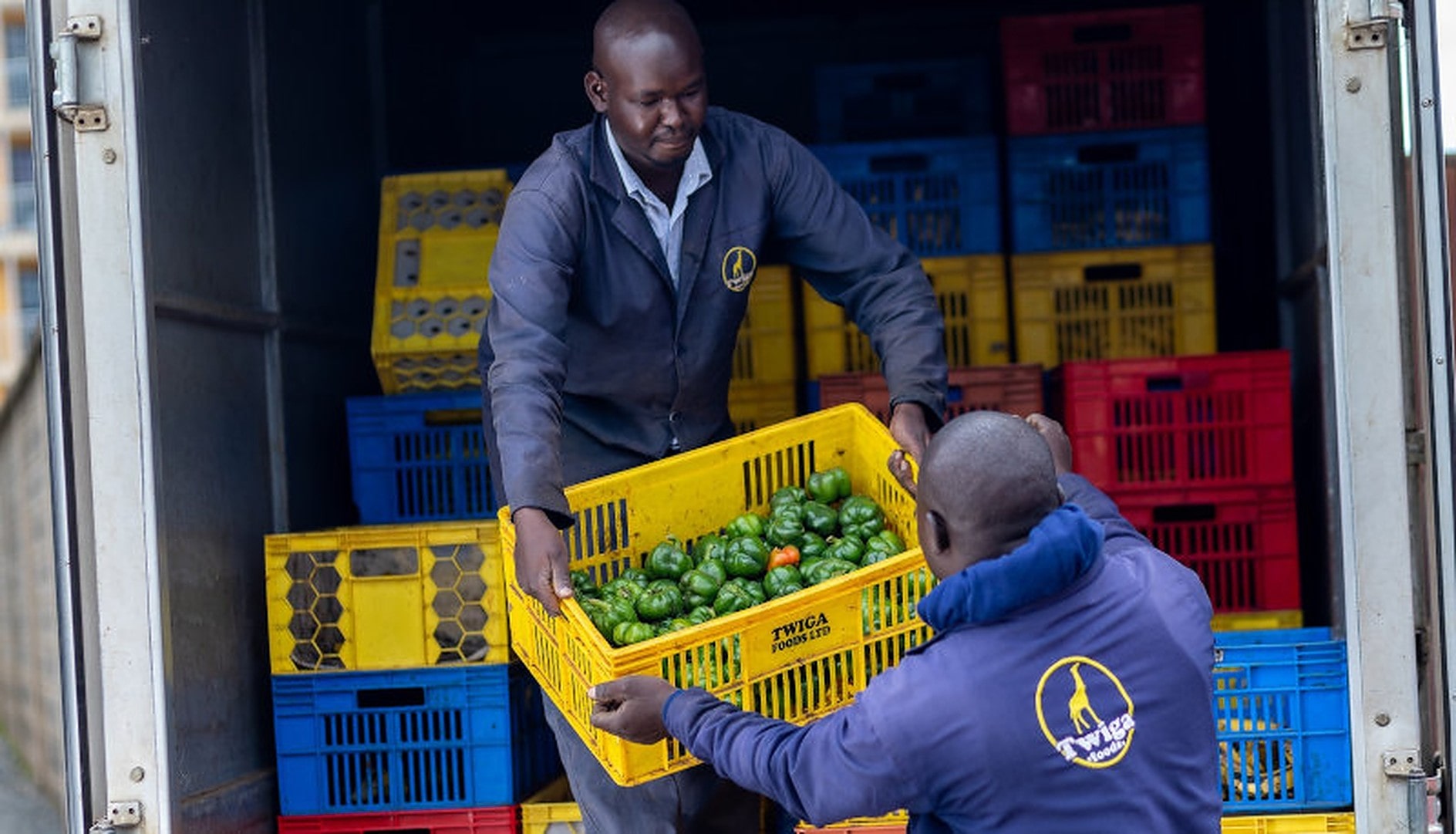Kenya: Twiga raises $50M to scale up food solutions across Africa
Twiga, a B2B e-commerce food distribution platform, had raised a $50 million to scale its efforts in championing food solution in East Africa nations and other neighbouring countries in Africa.
The seven-year old company raised this after it raised $23.75 million equity and $6.25 million debt in 2019.
The Chief Executive Officer of Twiga foods, Mr. Peter Njonjo, said, “We see ourselves as building a one-stop shop for the informal retailer and all their needs. So that’s what we’re evolving into as a business.”
He added that over 100,000 customers use its services across Kenya while delivering more than 600 metric tons of products to over 10,000 retailers daily.
He affirmed that, “Smallholder farmers remained at the core of Twiga’s operations. But having worked with them at scale and distributing fresh produce over the years, the Kenyan company has identified some challenges, especially in the traceability of some produce like tomatoes.”
Twiga had made plans to avoid situations where there would be lapses in production, such as farmers applying a lot of pesticides to crops without Twiga’s knowledge which ends up creating food safety problems for the end consumer.
In avoiding this, Njonjo, said “For us, it’s choosing value chains where you can manage the traceability issue while there are some value chains that will be harder to manage,” the CEO said.
“The key thing is that we now have a more blended approach. It’s not just about working with small farmers; we still work with them but on some value chains. But we’re looking at having large commercial farms integrated into our supply chain,” he further added.
The Africa director at Creadev, Pierre Fauvet, in a statement said, ““We are deeply convinced in Twiga’s potential to revolutionize informal retail across Sub-Saharan Africa.”
He added, ““Tapping into a $77 billion urban market on the continent, Twiga has gained significant traction since inception, leveraging on technology to optimize the food supply chain in African cities and constantly innovating to better tackle logistics, commercial, social and environmental challenges.”


Comments are closed.